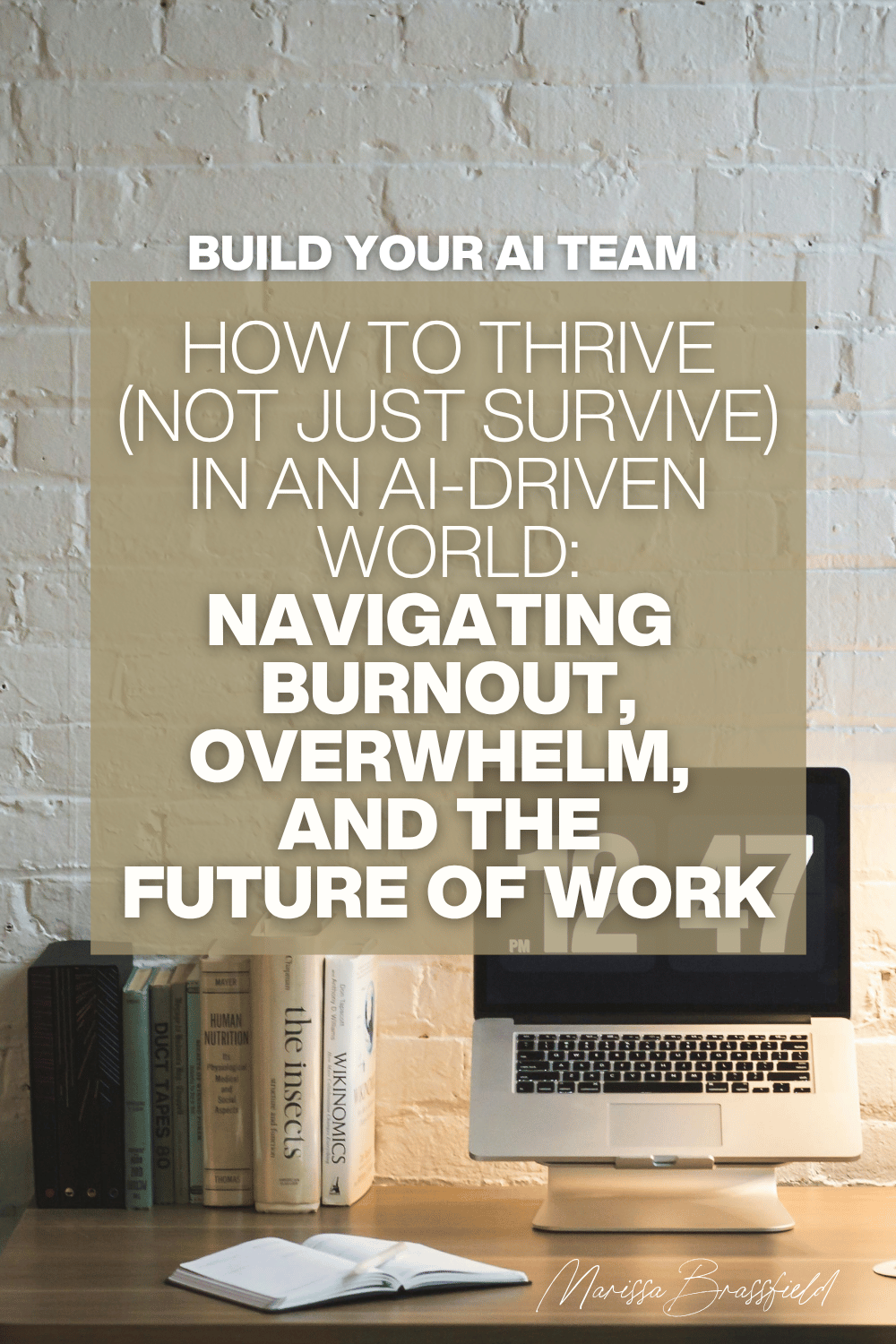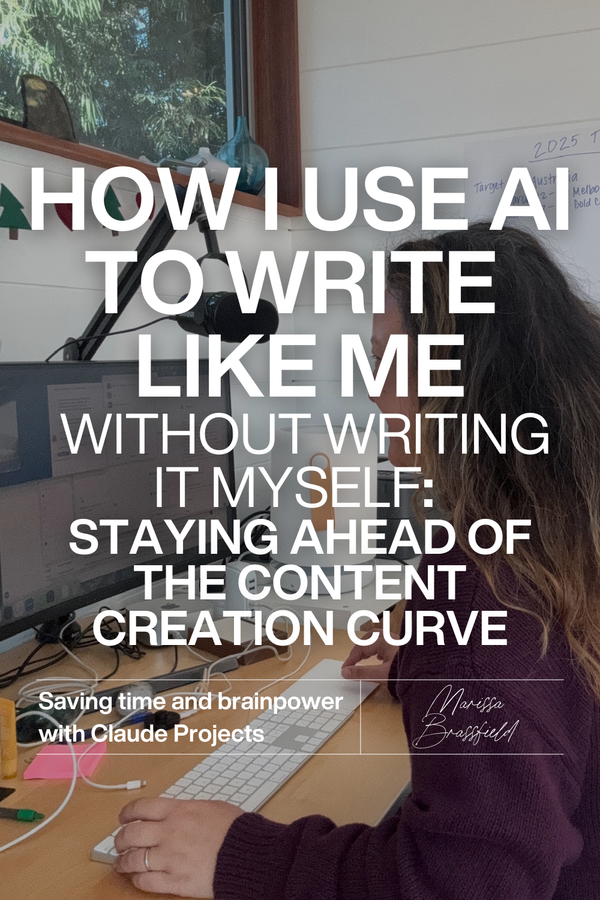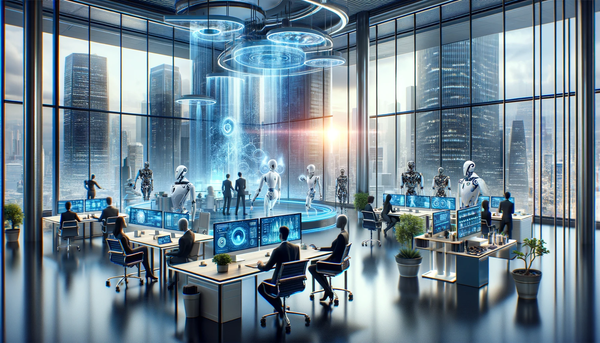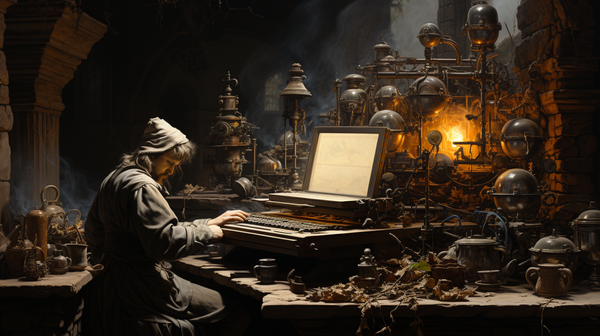Are you ready to thrive in an AI-powered workplace? The emergence of AI is changing the way we think about collaboration and work culture. In this article, we'll explore the potential for improved teamwork and the reinvention of work culture driven by AI.
AI as a tool for enhanced collaboration
With AI becoming embedded into all major workplace software, it's now easier than ever to be responsive to team members, correct your tone in workplace emails, and accelerate collaboration.
AI-driven platforms are improving communication and teamwork for both technical and non-technical workers, transforming the way we interact and collaborate in the digital workspace.
Redefining roles in the AI-powered workplace
As AI augments human capabilities, workers must adapt their mindset from "doing" (expertise and knowledge recall) to "being" (ingenuity, imagination, connection, rapport, relationships, authenticity).
Embracing this new way of thinking will allow professionals to focus on what truly matters: building connections, fostering creativity, and driving innovation.
Adapting organizational structures for the future of work
The shift from hierarchical models to more agile structures is paving the way for the future of work. The rise of freelancing, remote work, and professional collaboration in small teams and collectives allows high-performance workers to form dynamic partnerships that span across different businesses.
To stay competitive in this new landscape, organizations must cultivate a culture of continuous learning and growth.
Ethical considerations and the importance of trust
As we integrate AI into our work processes, it's essential to ensure responsible usage. Addressing fears and concerns about AI with empathy and compassion, without judgment or criticism, is key to maintaining trust in the age of AI.
Fostering transparency in AI-powered processes and taking responsibility for educating customers about AI's capabilities and limitations are essential steps for AI-augmented companies.
AI has the potential to transform the way we work and collaborate, but it's up to us to embrace change and adapt to the evolving workplace landscape. By understanding the benefits and challenges of AI-powered collaboration, we can make the most of this groundbreaking technology and create a work culture that fosters innovation, creativity, and human connection.










Member discussion